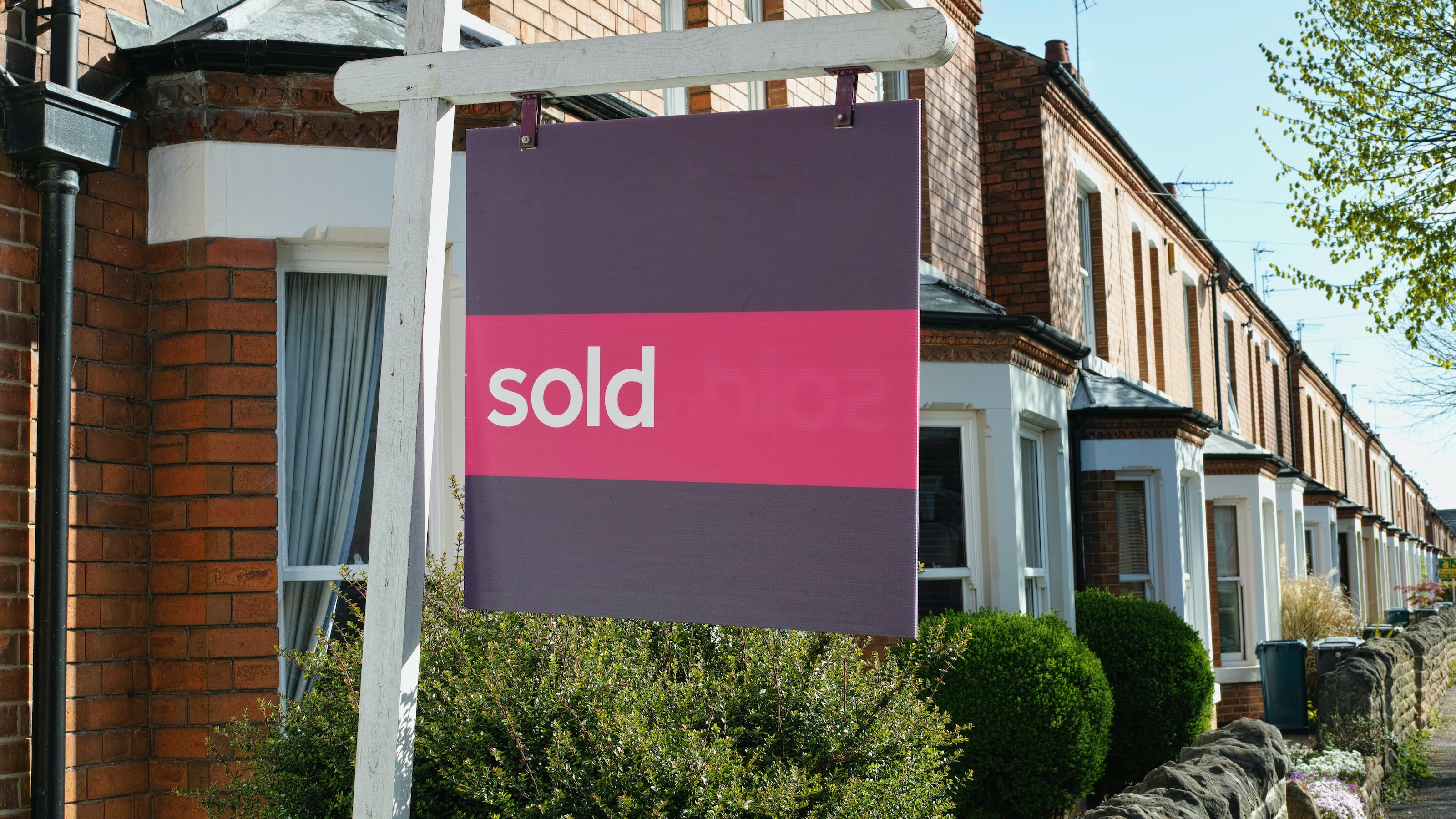How does an EPC rating affect my mortgage?
What is a good EPC rating and how can it affect your mortgage? Here's everything you need to know

With sustainability playing an increasingly important role in the housing sector, there has been more discussion around whether EPC ratings affect mortgages.
An EPC rating measures the energy efficiency of a property and when you are buying or selling a property, the person selling must show you the EPC. If you are wondering whether your EPC rate will affect your mortgage, you are right to. This is an increasingly important factor when considering which property to buy.
Much like the coloured stickers on new appliances, the rating goes from A (the most efficient) to G (the least efficient). The EPC will tell you the cost of power and heat a property, as well as carbon dioxide emissions. It also includes information on what energy efficiency rating could be achieved if you make the recommended improvements.

Does an EPC rating affect my mortgage?
If you are buying a property for yourself to live in, mortgage companies will lend on properties with low EPC ratings. However, do expect them to make recommendations about potential improvements that could be made.
Liz Berman, partner from estate agency House Partnership says: 'The valuer will assess the EPC data and detail any works needed to bring the property to a minimum 'E' rating in the valuation report. The costs of any works will be reflected in the valuation figure, and this may affect the amount of borrowing possible on the property.'
The effect of your EPC rating on your mortgage could change in the near future. Under current government proposals, by 2035, all homes will have to have an EPC C rating or better. This could make obtaining a new mortgage deal harder and potentially more expensive.
Nicholas Gray, sales and marketing director at property developer Native Land, says: 'Estimates suggest that around two-thirds of homes in the UK currently would be rated lower than EPC C, and so fall foul of this new rule.'
'The Government's new plans could also mean mortgage lenders have to have an average EPC rating of C across all the properties on their lending book by 2030. Mortgage lenders will already be thinking about implementing this. Which means it could become much harder to get a mortgage on properties that are not energy efficient or to re-mortgage. Buyers should be very conscious of this when choosing a property.'
One recent survey by Countrywide Surveying Services found that 71 per cent of property professionals believed that valuers should take into account EPC ratings when valuing a property, and 56 per cent felt that lenders should reflect EPC ratings in mortgage rates.

Can a bad EPC rating affect me getting a mortgage?
Yes, particularly if you are intending to rent out the property. The significance for buy-to-let investors and mortgage lenders to provide them with finance is that it is now illegal to let any residential property with an EPC rating below E. So landlords will need to make improvements, such as insulation work, to improve any F or G rating.
Lenders now need proof that a property is suitable security to lend against and are now requesting to see EPCs. If your would-be rental property does not meet the required standard, your lender may refuse you a buy-to-let mortgage loan.
What can I do if my mortgage lender refuses a loan?
If you find yourself in this situation, you can either ask the current owners to make changes or complete them yourself before buying the house.
Jonathan Rolande, Director of House Buy Fast and Founder of the National Association of Property Buyers says: ‘If they can establish it was because of the EPC, ask the current owner to improve the property and get the EPC re-done.'
'If the property is vacant, you or they can do the work between exchange and completion although this involves risks. I.e. If the lender doesn’t lend and you have committed to buy.’
Can a good EPC rating reduce my mortgage or rate?
Housing accounts for a significant amount of the UK’s carbon emissions. A growing number of lenders are now offering ‘green mortgages’. The idea behind this is if you are moving into a more energy-efficient home or making your property more efficient, your mortgage lender will reward you with a lower interest rate or cashback on your mortgage, or both.
It should be noted that green mortgages are not necessarily cheaper than a standard mortgage with a different provider. You should be able to access a green mortgage if you are buying a home with an EPC rating of B or above. You'll also be able to do so if you are remortgaging a property where you have raised the EPC rating to B or above. Eligibility could vary, so check with your mortgage provider.

I’m selling my house and my buyer is threatening to pull out because of my EPC rating. Can I do anything?
Buyers can pull out of the property transaction at any time. But while pulling out because of an EPC is a possibility, it is not common.
'Buyers will know the EPC rating when they first find the property as it is necessary for any property sale,' says Dave Lister of Home Risk Reports. 'So it is likely they will already have accepted the fact the property has a low rating before beginning the property transaction.'
'However if this does happen the first thing would be to recommission another EPC. Especially if the EPC is old.'
'We see a lot of older EPCs that are wrong,' says Tim Kampel, Director at Box Property Solutions. 'Therefore, the first step would be to have it redone. If the rating is the same, we would advise making the changes needed. Or renegotiating the price to incorporate any of the recommended improvements.'
Get the Ideal Home Newsletter
Sign up to our newsletter for style and decor inspiration, house makeovers, project advice and more.
Georgina is an experienced copywriter, editor, and NCTJ-accredited journalist with almost 20 years' writing experience. She currently works across multiple sectors, including energy, health, lifestyle, entertainment, tech, and education. Recently, she compiled articles for an energy trade magazine about renewables and offshore wind farms and she has a number of boiler clients through her copywriting work.
-
 Will a conservatory add value to your home and how can you maximise it?
Will a conservatory add value to your home and how can you maximise it?This is what the pros say
By Amy Reeves
-
 I’ve been looking for a new signature scent for my home and The White Company's new fragrance is the exact summer holiday smell I needed
I’ve been looking for a new signature scent for my home and The White Company's new fragrance is the exact summer holiday smell I neededSantorini smells fresh, summery and sophisticated
By Kezia Reynolds
-
 How to remove algae from garden walls in five steps – and the cleaning product experts rave about for tackling it fast
How to remove algae from garden walls in five steps – and the cleaning product experts rave about for tackling it fastExperts share their top tips for getting garden walls algae-free
By Katie Sims